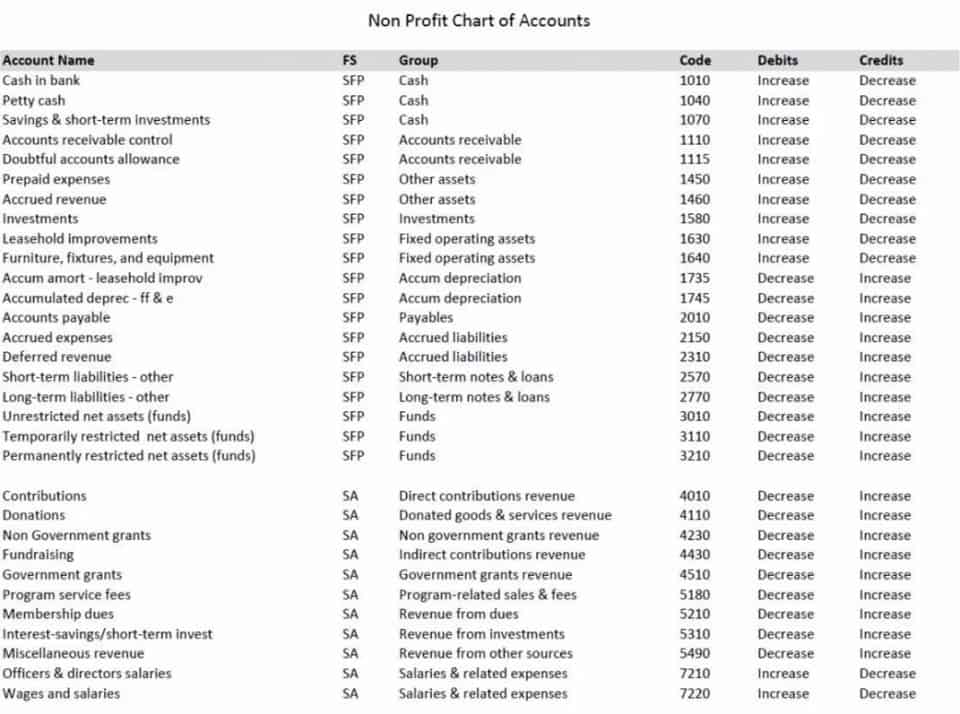- May 12, 2020
- Posted by: admin
- Category: Bookkeeping

Rather than delaying payment until some future date, a company pays upfront for services and goods, even if it does not receive the total goods or services all at once at the time of payment. For example, a company may pay for its monthly internet services upfront, at the start of the month, before it uses the services. Prepaid expenses are considered assets as they provide a future benefit to the company.

This is common when customers pay for a subscription or have recurring payments, like a phone bill. For example, let’s say a customer paid $100 for your consulting services in January, but you’ll only be providing the service in February. Differently than accrued revenue, deferred revenues happen when a customer has paid for accrual basis accounting a good or service you haven’t yet provided. Then at the beginning of the month, you have received the invoice amount of $1,700. In this case, the accrual is under $200, and the transaction would like below when you make payment. Invoices for this kind of expense are mostly received at the beginning of the following month.
What is the basic rule for accrual accounting?
Specifically, it focuses on when money is received, or expenses get paid, which may not occur exactly when these items are accrued. Therefore, the accrual-basis accounting method ultimately provides a greater overview of your business’s financial situation, taking far more into account than cash flow or cash on hand. Cash-basis accounting documents earnings when you receive them and expenses when you pay them. However, the accrual method accounts for earnings the moment they are owed to you and expenses the moment you owe them; it does not matter when your money enters or leaves your account. That is important, as receiving or sending payment is not always immediate.
For example, a
company could perform work in one year and not receive payment
until the following year. Under the cash basis, the revenue would
not be reported in the year the work was done but in the following
year when the cash is actually received. Accrual basis accounting requires matching expenses to revenues whenever possible. The matching principle requires that revenues and any related expenses be recognized together in the same period. Thus, if there is a cause-and-effect relationship between revenue and the expenses, record them at the same time.
Accounts Payable Journal Entries
Cash accounting is the easier of the two methods, as organizations only need to record transactions when cash is exchanged. For most companies, however, this method doesn’t provide an accurate view of financial health. Expense recognition is closely related to, and
sometimes discussed as part of, the revenue recognition principle.


